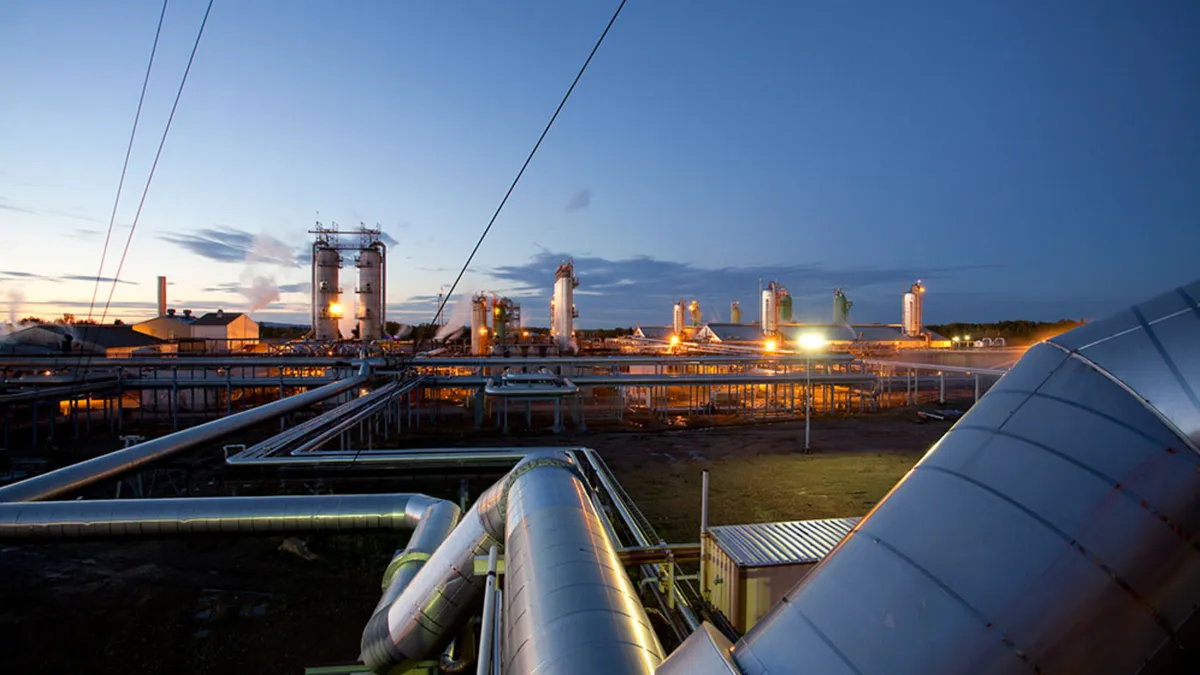Dive Brief:
- Consolidated Edison has issued a request for proposals to help offset the need for new natural gas pipelines to meet demand in its service area. The utility is considering investing at least $100 million annually to avoid the need for new construction.
- Investments would focus on demand reduction measures and local gas supply enhancements. Energy efficiency, demand response and other solutions will all be considered. Local gas supply enhancements may include biogas technology and storage.
- Proposals are due by March 1. Con Edison said it is seeking solutions that are consistent with New York’s environmental goals, and it will evaluate proposals based on cost, the project's ability to forestall the need for new pipelines and its potential greenhouse gas impacts.
Dive Insight:
New York gas utilities are looking to the electric side of their operations for solutions to peak demand issues. National Grid has launched a natural gas demand response program, and now Consolidated Edison is requesting efficiency and demand management proposals to help stave off building new infrastructure. Its non-wires solution in its Brooklyn-Queens Neighborhood Program has been successful with a similar goal, and now the utility is bringing the approach to the gas side of its operations.
Con Ed says its peak demand for natural gas has grown 30% since 2011, and the company expects that demand to grow another 20% over the next two decades. The utility serves approximately 1.1 million natural gas customers in Manhattan, the Bronx, Westchester and parts of Queens.
“We have seen significant growth in customers choosing natural gas to heat their homes, and thousands of oil to gas conversions in recent years have helped to clean the air for all New Yorkers,” Matthew Ketschke, senior vice president of Customer Energy Solutions for Con Edison, said in a statement. “We also acknowledge everyone’s desire to limit the use of fossil fuels as much as possible and continue our region’s environmental progress.”
A copy of the RFP can be found here.
Con Ed said that solutions can include, but are not limited to: energy efficiency; beneficial electrification of space or water heating; demand response programs; provision of biogas; and distributed natural gas storage, either compressed or liquefied.















